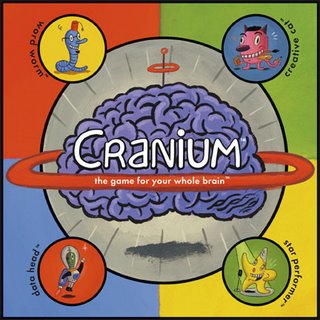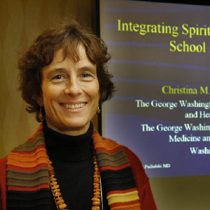The Star Thrower Story by Joel Barker
There's a story I would like to share with you. It was inspired by the writing of Loren Eiseley. Eiseley was a very special person because he combined the best of two cultures. He was a scientist and a poet. And from those two perspectives he wrote insightfully and beautifully about the world and our role in it.
Once upon a time, there was a wise man, much like Eiseley himself, who used to go to the ocean to do his writing. He had a habit of walking on the beach before he began his work. One day he was walking along the shore. As he looked down the beach, he saw a human figure moving like a dancer. He smiled to himself to think of someone who would dance to the day. So he began to walk faster to catch up. As he got closer, he saw that it was a young man and the young man wasn't dancing, but instead he was reaching down to the shore, picking up something and very gently throwing it into the ocean.
As he got closer, he called out, "Good morning! What are you doing?" The young man paused, looked up and replied "Throwing starfish into the ocean."
"I guess I should have asked, Why are you throwing starfish into the ocean?"
"The sun is up and the tide is going out. And if I don't throw them in they'll die."
"But young man, don't you realize that there are miles and miles of beach and starfish all along it. You can't possibly make a difference!"
The young man listened politely. Then bent down, picked up another starfish and threw it into the sea, past the breaking waves. "It made a difference for that one!"
There's a story I would like to share with you. It was inspired by the writing of Loren Eiseley. Eiseley was a very special person because he combined the best of two cultures. He was a scientist and a poet. And from those two perspectives he wrote insightfully and beautifully about the world and our role in it.
Once upon a time, there was a wise man, much like Eiseley himself, who used to go to the ocean to do his writing. He had a habit of walking on the beach before he began his work. One day he was walking along the shore. As he looked down the beach, he saw a human figure moving like a dancer. He smiled to himself to think of someone who would dance to the day. So he began to walk faster to catch up. As he got closer, he saw that it was a young man and the young man wasn't dancing, but instead he was reaching down to the shore, picking up something and very gently throwing it into the ocean.
As he got closer, he called out, "Good morning! What are you doing?" The young man paused, looked up and replied "Throwing starfish into the ocean."
"I guess I should have asked, Why are you throwing starfish into the ocean?"
"The sun is up and the tide is going out. And if I don't throw them in they'll die."
"But young man, don't you realize that there are miles and miles of beach and starfish all along it. You can't possibly make a difference!"
The young man listened politely. Then bent down, picked up another starfish and threw it into the sea, past the breaking waves. "It made a difference for that one!"
This story has appeared in various places on the net, and in books that I have read, such as the current one. Spiritual Caregiving: Healthcare as a Ministry. This is one of the books that I picked up at the conference I attended last Friday. The keynote speaker was Harold Koenig who is a medical doctor talking about the need to include spiritual health as a part of the healthcare/hospital experience. He encourages medical personnel to consider a return to their roots... (hospitals were founded by religious groups, mostly Christian) and reintroduce the concept of spiritual care into their caregiving and also their personal lives.










